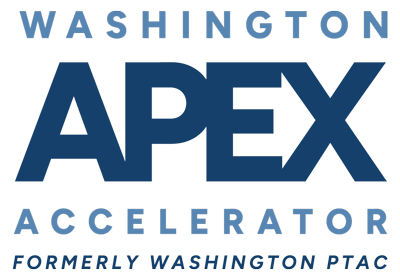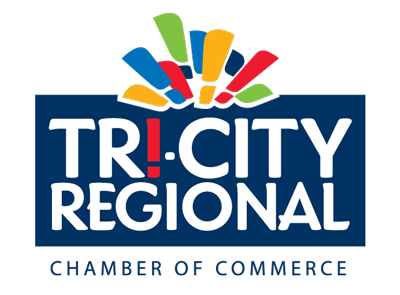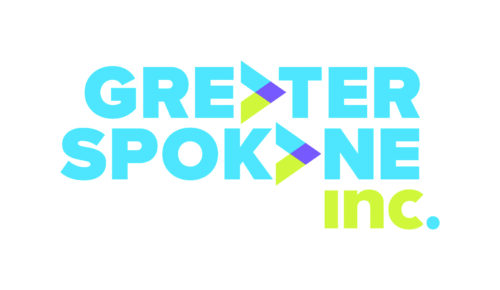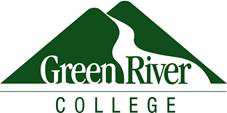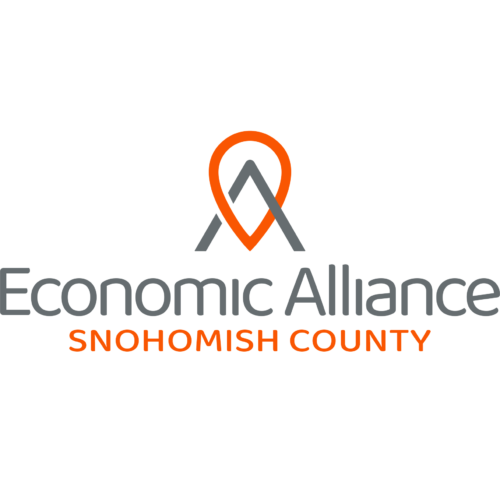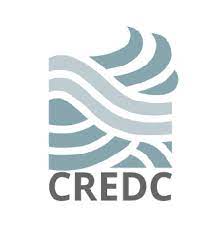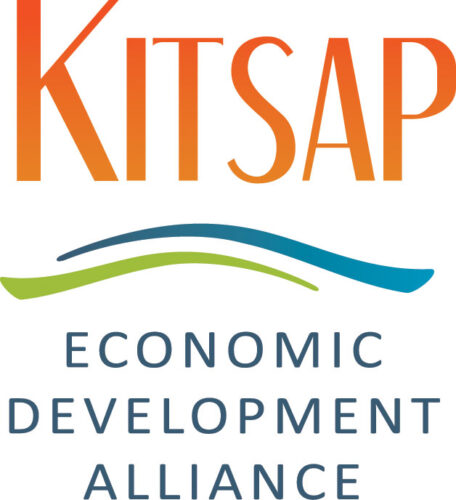On September 17, 2020, Stephanie Avakian, Director of the SEC’s Division of Enforcement, spoke at the Institute for Law and Economics, University of Pennsylvania Carey Law School Virtual Program. Ms. Avakian used her time to highlight the Division’s enforcement priorities, operations, and challenges in the years since Jay Clayton became the director of the SEC in May 2017.
In terms of priorities, Ms. Avakian confirmed that the Division’s focus has been on six types of “impactful” cases: (1) financial fraud and issuer disclosures; (2) misconduct by registrants that negatively impacts the integrity of the markets; (3) insider trading; (4) Foreign Corrupt Practices Act; (5) Ponzi schemes and offering frauds, and (6) unregistered and/or fraudulent initial coin offerings. The Division has also made a concerted effort to hold individuals accountable for wrongdoing, and Ms. Avakian noted that roughly 70% of enforcement cases include charges against “registered individuals, executives at all levels of the corporate hierarchy, including CEOs, CFOs and other high-ranking executives, as well as gatekeepers such as accountants, auditors, and attorneys.”
In terms of operations, the Division has worked to maximize efficiency and its effectiveness in a number of way:
- Proactively identifying cases through publicly available information, including the issuer’s own statements, filings, and market and industry commentary;
- Implementing disclosure initiatives to encourage self-reporting in exchange for favorable standardized settlement terms;
- Increasing efficiency in internal processes, such as the Distributions Group and the Whistleblower Program;
- Delegating low-priority cases to Office of Compliance, Inspections and Examinations (OCIE) to undergo examination (i.e., cases involving conduct that was more appropriately handled through the exam process);
- Providing significant credit to those who cooperate with the SEC and messaging the benefits of cooperation;
- Tailored remedies that address specific risks and decrease potential harm to investors.
As for challenges, Ms. Avakian identified three sources of difficulty for the SEC: (1) Supreme Court decisions; (2) the 2018-2019 government shutdown, and (3) COVID-19. Three recent Supreme Court decisions significantly impacted the SEC’s enforcement operations. The Lucia v. SEC, 138 S.Ct. 2044, 2055 (2018) ruling (SEC administrative law judges are “officers” pursuant to Article II of the Constitution and therefore must be appointed by the head of the SEC) remanded approximately 200 cases, each of which the Division had to reevaluate and, in some cases, retry. Kokesh v. SEC, 137 S. Ct. 1635, 1639 (2017) (see our prior blog post here), which placed a five-year limitations period on disgorgement orders, precluded the SEC from disgorging almost $1.1 billion and forced the Division to reassess disgorgement in active cases. Finally, the further limitations on disgorgement imposed by Liu v. SEC, 140 S.Ct. 1936, 1945-6 (2020) (see our prior blog post here), will require the Division to rebalance the penalties and disgorgement it seeks and recommends to the SEC. In addition, the five-week government shutdown in early 2019 and the current COVID-19 pandemic have further impacted the Division’s ability to maintain and sustain normal operations. Ms. Avakian noted, however, that the SEC suspended trading in 36 issuers that made suspicious or inaccurate COVID-19-related claims and has initiated five COVID-19-related fraud actions.
Despite these challenges, the Division’s enforcement statistics for the last three years are remarkably consistent with those from the preceding three years under Chairman Clayton’s predecessor, Mary Jo White. According to its annual reports, the SEC brought 1,462 standalone enforcement actions between 2017 and 2019 and obtained $12.08 billion in financial remedies.[1] Between 2014 and 2016, under Chairman White, the SEC brought 1,468 standalone enforcement actions and obtained at least $12.35 billion in disgorgement and penalties ordered.[2] Furthermore, Ms. Avakian noted that 2020 stood to be another record-breaking year in terms of financial remedies, exceeding 2019’s $4.3 billion, which at the time was the highest the SEC had ever obtained in a single year. All things considered, and despite many odds, it appears to be business as usual at the SEC.
[1] See Division of Enforcement Annual Report 2019.
[2] See October 11, 2016 Press Release announcing Enforcement Results for FY 2016.
Syndicated from Sheppard Mullin

